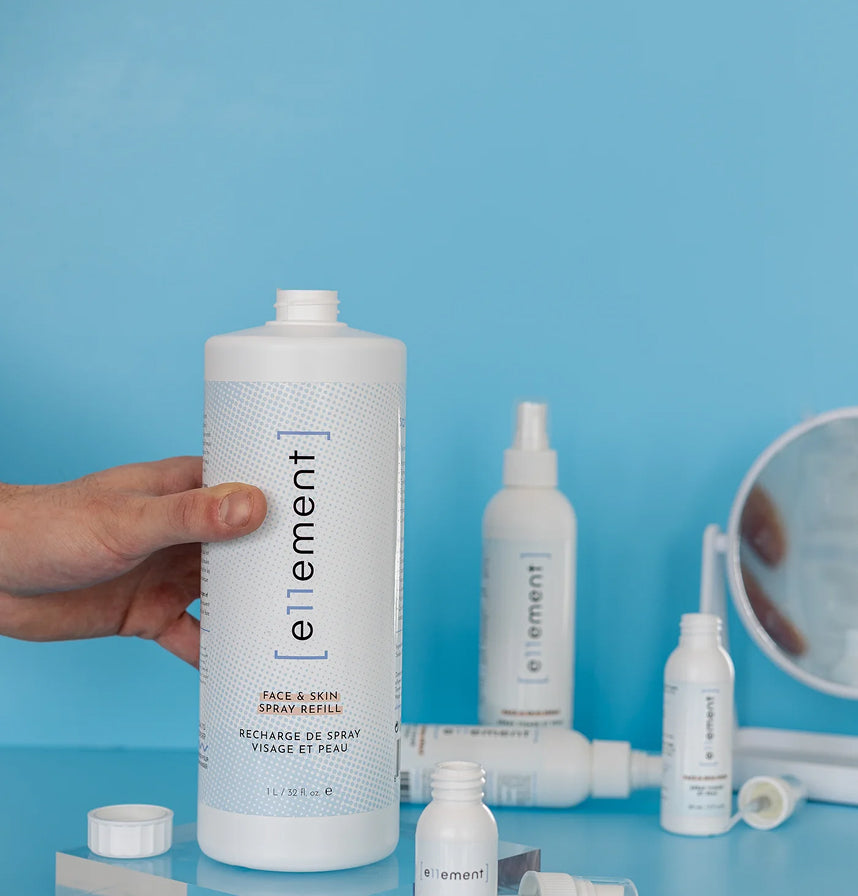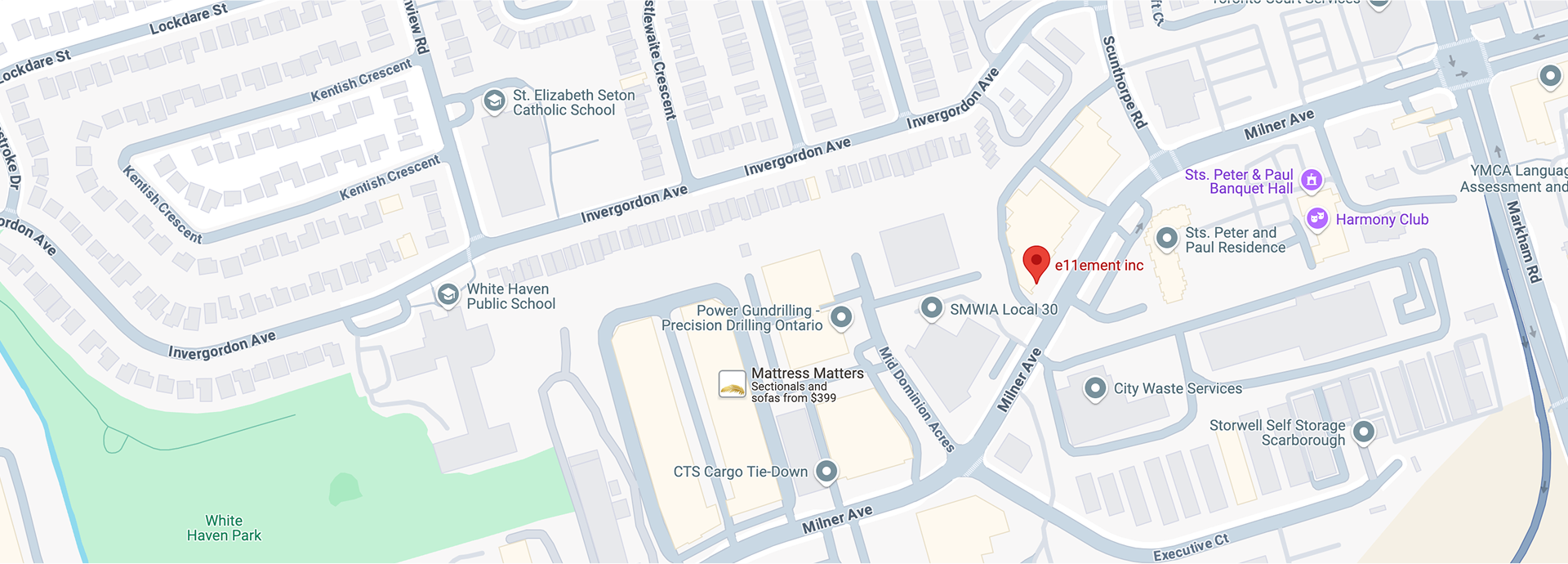Eczema, also known as atopic dermatitis, is a chronic skin condition that affects millions of people worldwide. It is characterized by dry, red, itchy, and inflamed skin. Managing eczema can be complex because its symptoms vary widely among individuals. Environmental factors, stress, allergens, and even genetics can all influence flare-ups.
Traditional treatments often include moisturizers, topical steroids, and prescription medications. While these methods can offer relief, many individuals seek additional options to support their skin health naturally and gently. This has led to increasing interest in alternative treatments like hypochlorous acid spray.
What Is Hypochlorous Acid?
Hypochlorous acid (HOCl) is a naturally occurring molecule produced by white blood cells as part of the body’s immune response. It plays a vital role in fighting infections and promoting wound healing. Scientists have found ways to create hypochlorous acid solutions for medical and skincare uses, offering antimicrobial and anti-inflammatory properties without causing harm to healthy tissue.
Because it is gentle yet effective, hypochlorous acid has gained attention as a potential aid for various skin conditions, including acne, rosacea, and eczema.

How Hypochlorous Acid Spray Works for Eczema
Hypochlorous acid spray works by supporting the skin’s natural healing process. Here’s how it may benefit individuals with eczema
-
Reduces Bacterial Growth
Skin affected by eczema is more vulnerable to infections due to a weakened skin barrier. Bacterial overgrowth, particularly from Staphylococcus aureus, can worsen symptoms. Hypochlorous acid spray helps reduce bacterial presence on the skin, lowering the risk of secondary infections without relying on antibiotics.
-
Soothes Inflammation
One of the primary issues with eczema is inflammation. Hypochlorous acid has natural anti-inflammatory properties that help calm irritated skin. Using the spray may reduce redness, swelling, and itching, improving overall comfort.
-
Supports Skin Barrier Function
Eczema often disrupts the skin’s protective barrier, making it more prone to moisture loss and irritation. Hypochlorous acid spray promotes healing by encouraging the skin to repair itself, which can strengthen the barrier over time.
-
Gentle on Sensitive Skin
Unlike harsh antiseptics or alcohol-based products, hypochlorous acid is mild enough for sensitive skin. It does not sting, dry out, or further irritate areas already affected by eczema, making it a suitable option for daily use.
Scientific Support for Hypochlorous Acid in Skincare
Several studies have explored the use of hypochlorous acid in managing various skin conditions. Research indicates that hypochlorous acid can effectively reduce microbial load and inflammation without causing toxicity or resistance issues that sometimes arise with traditional antibiotics.
Although more specific studies on eczema and hypochlorous acid are needed, the existing evidence supports its safety and potential benefits for skin prone to irritation and infection. Dermatologists often recommend hypochlorous acid sprays as part of a broader eczema management plan.
How to Use Hypochlorous Acid Spray for Eczema
If you are considering hypochlorous acid spray for eczema, following proper usage guidelines is essential to achieve the best results:
-
Clean the Skin Gently
Before applying the spray, gently cleanse the affected area with lukewarm water and a mild, fragrance-free cleanser. Pat the skin dry with a soft towel.
-
Apply the Spray
Hold the spray bottle a few inches away from the skin and mist the affected area thoroughly. Allow it to air dry. Do not wipe it off, as the solution needs time to work.
-
Moisturize After Application
Once the spray has dried, apply a gentle, hydrating moisturizer to lock in moisture and support skin barrier repair. Look for products labeled as safe for sensitive or eczema-prone skin.
-
Frequency of Use
Depending on the severity of eczema symptoms, hypochlorous acid spray can be used once or twice daily. Consult a healthcare provider to determine the right frequency based on individual needs.
Choosing the Right Hypochlorous Acid Spray
Not all hypochlorous acid sprays are created equal. When selecting a product, consider the following:
-
Purity: Look for sprays that contain pure hypochlorous acid without unnecessary additives or preservatives.
-
Concentration: A concentration between 100-200 parts per million (ppm) is generally considered effective and safe for skincare.
-
Packaging: Hypochlorous acid is sensitive to light and air. Choose products in opaque, air-tight containers to maintain stability.
-
Approval and Testing: Opt for sprays that are dermatologically tested and, if possible, approved by relevant health authorities.
Reading product labels carefully ensures that you select a safe and effective spray suitable for sensitive skin..
Other Tips for Managing Eczema
While hypochlorous acid spray can play a role in managing eczema, it is most effective when combined with broader skincare practices:
-
Maintain Moisture: Use fragrance-free, high-quality moisturizers multiple times daily to prevent dryness.
-
Avoid Triggers: Identify and avoid environmental or dietary factors that worsen your eczema.
-
Wear Soft Fabrics: Choose clothing made of natural fibers like cotton to minimize skin irritation.
-
Stay Hydrated: Drinking enough water daily helps maintain skin hydration from within.
-
Manage Stress: Since stress can trigger flare-ups, incorporating stress-management techniques like meditation, exercise, or therapy can be beneficial.
A consistent, gentle skincare routine that includes hypochlorous acid spray may help reduce the severity and frequency of eczema flare-ups.
Final Thoughts:
Hypochlorous acid spray offers several potential benefits for individuals managing eczema. Its ability to reduce bacterial growth, soothe inflammation, and support skin healing makes it a valuable addition to a sensitive skincare routine. Because it is gentle and easy to use, it is suitable for a wide range of people, including children and those with highly sensitive skin.
However, it is important to remember that eczema is a complex condition, and what works well for one person may not work for another. Consulting with a dermatologist before incorporating new treatments ensures a tailored approach to managing your symptoms effectively.
By understanding how hypochlorous acid spray works and integrating it thoughtfully into a broader eczema care strategy, many individuals may find greater relief and support for their skin health.























